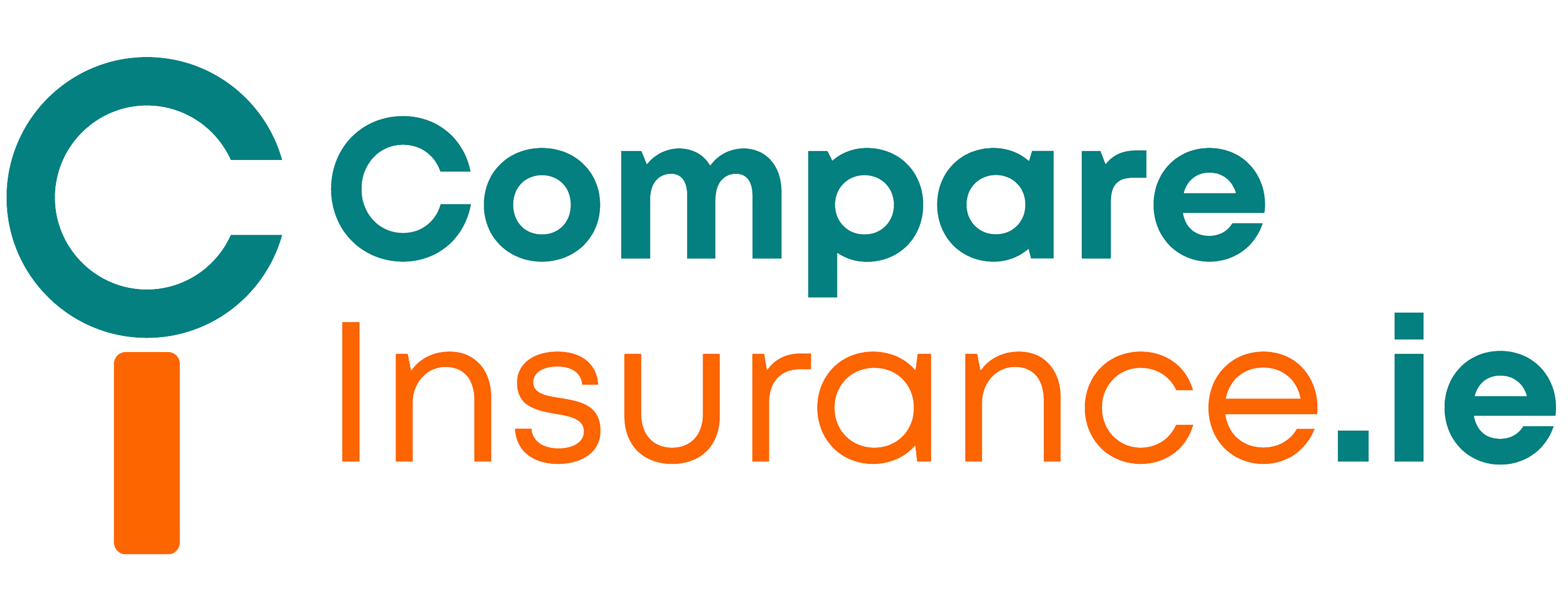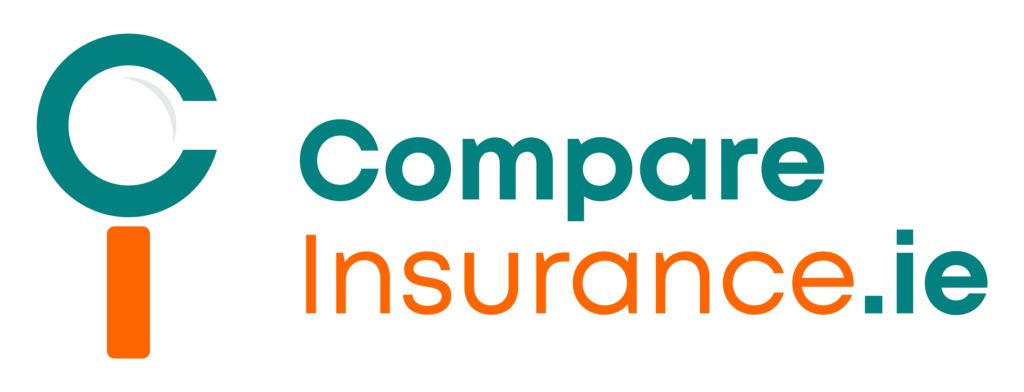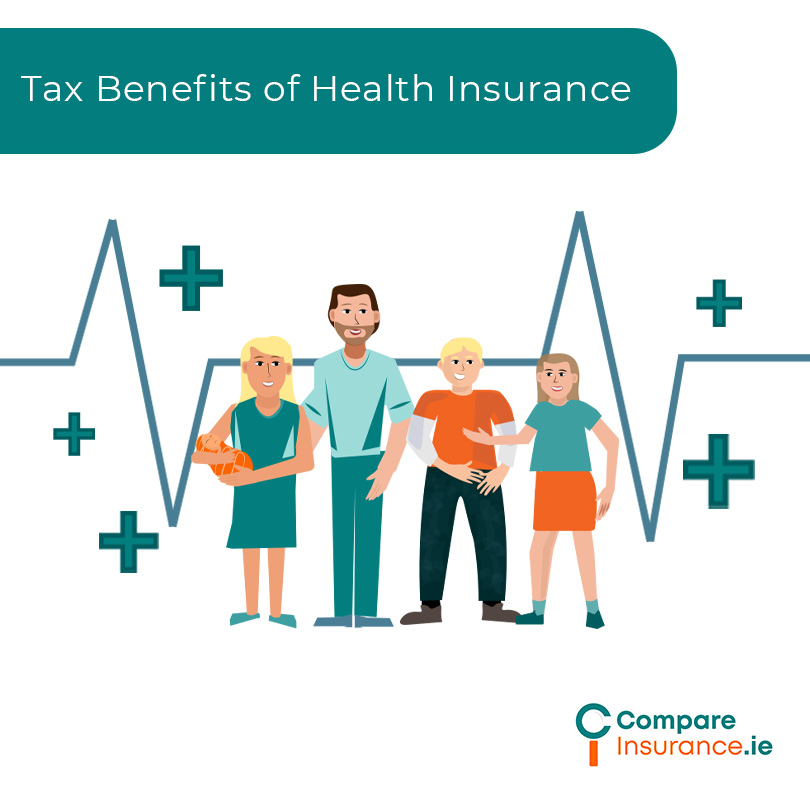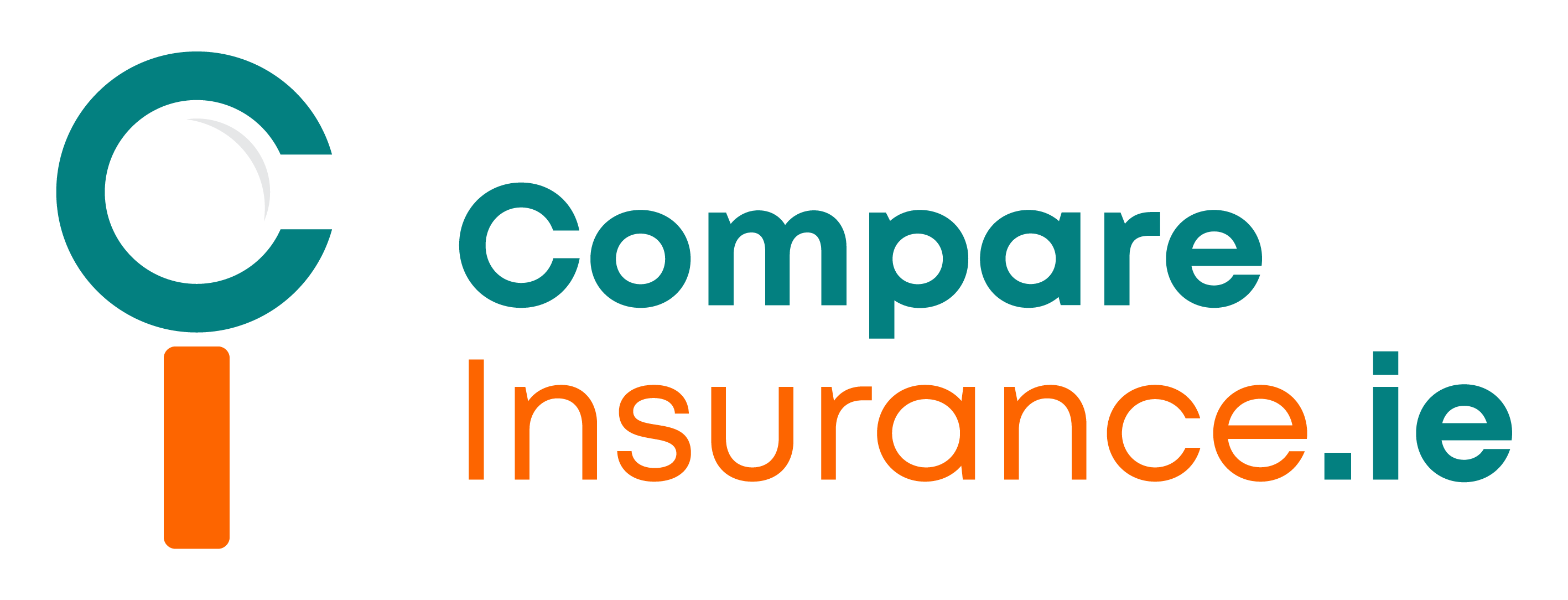Health insurance offers many benefits including financial protection from high medical expenses. Private health insurance benefits may include cover for inpatient, outpatient, and everyday medical expenses as well as cover for private healthcare.
Health insurance can be provided on an individual basis, where you choose your own health insurance policy and pay monthly medical insurance premiums yourself, or provided fully or in part by your employer as part of your employee remuneration package.
Tax relief
Your monthly health insurance premium is eligible for income tax relief. However, the income tax treatment varies slightly depending on whether you pay for your own health insurance or it is paid for by your employer.
Tax relief at source
If you pay a portion of your monthly premium for health insurance, or you have chosen to buy your own health insurance policy, which can cover you and your family, the tax relief that you are entitled to will be deducted from the amount that you pay each month by your health insurance company.
In other words, the premium that you pay is already discounted by the tax relief that your are eligible for so you cannot claim further tax relief.
If your employer has paid for your health insurance for any of the previous four years, you may still be entitled to claim tax relief for those years through MyAccount on Revenue.ie.
Blended rate
It is possible that your medical insurance policy, health insurance or dental insurance or both combined, may cover both health related expenses that are eligible for tax relief and expenses that are not eligible for tax relief.
This may occur where health expenses are covered by health or dental insurance but are excluded from tax relief such as:
In this case, a rate of tax relief less than 20% may apply. This is known as a ‘blended rate’. Your health or dental insurer will be able to tell you the rate of tax relief that applies to your policy.
Tax relief on medical expenses
You may also be eligible for income tax relief on certain medical and healthcare expenses, as well as the tax relief on private medical insurance premiums.
The tax relief available for most healthcare expenses is at the standard rate of tax, i.e. 20%. You can claim for up to four years of expenses for yourself or for another person if you have paid for the treatment.
Generally, the healthcare must be carried out by or advised by a registered health professional, such as a doctor or dentist and only certain expenses are eligible for tax relief.
If you have health or dental insurance, you may be able to claim tax back on the portion of eligible expenses that are not paid for by your insurer. You can claim tax relief on your medical expenses through MyAccount on Revenue.ie.
PRSI treatment benefit
You cannot claim tax relief on some healthcare expenses such as routine dental care or ophthalmic treatment. However, these expenses may be covered by the Treatment Benefit Scheme provided by the Department of Social Protection.
If you or your spouse, partner or cohabitant, has made a certain number of PRSI contributions then a financial contribution may be available towards some dental, optical, or aural services under the scheme. Your treatment provider may be able to advise you if your treatment is covered by the scheme.
Get a low cost health insurance quote today
Tax treatment of your health and dental insurance can mean that you are entitled to up to €200 per year in tax relief if your employer pays your medical insurance premiums.
If you purchase your own health insurance for financial protection and peace of mind, or you pay for part of your medical insurance premium with a contribution from your employer, then you get a discount due to tax relief at source.
Compare Insurance can get you great rates on health insurance and dental insurance so that you can start saving today. Fill in our online assessment, or get in touch to see how we can get you great tailored coverage at affordable rates today.


Author: Séamus Ó Doirín | Chief Insurance Editor
Séamus Ó Doirín is a Donegal based QFA who has been writing about insurance since 2020. His main focus is getting people the best value for insurance in the Irish market. His writing covers all areas of insurance and is a valuable part of the Compare Insurance team.



